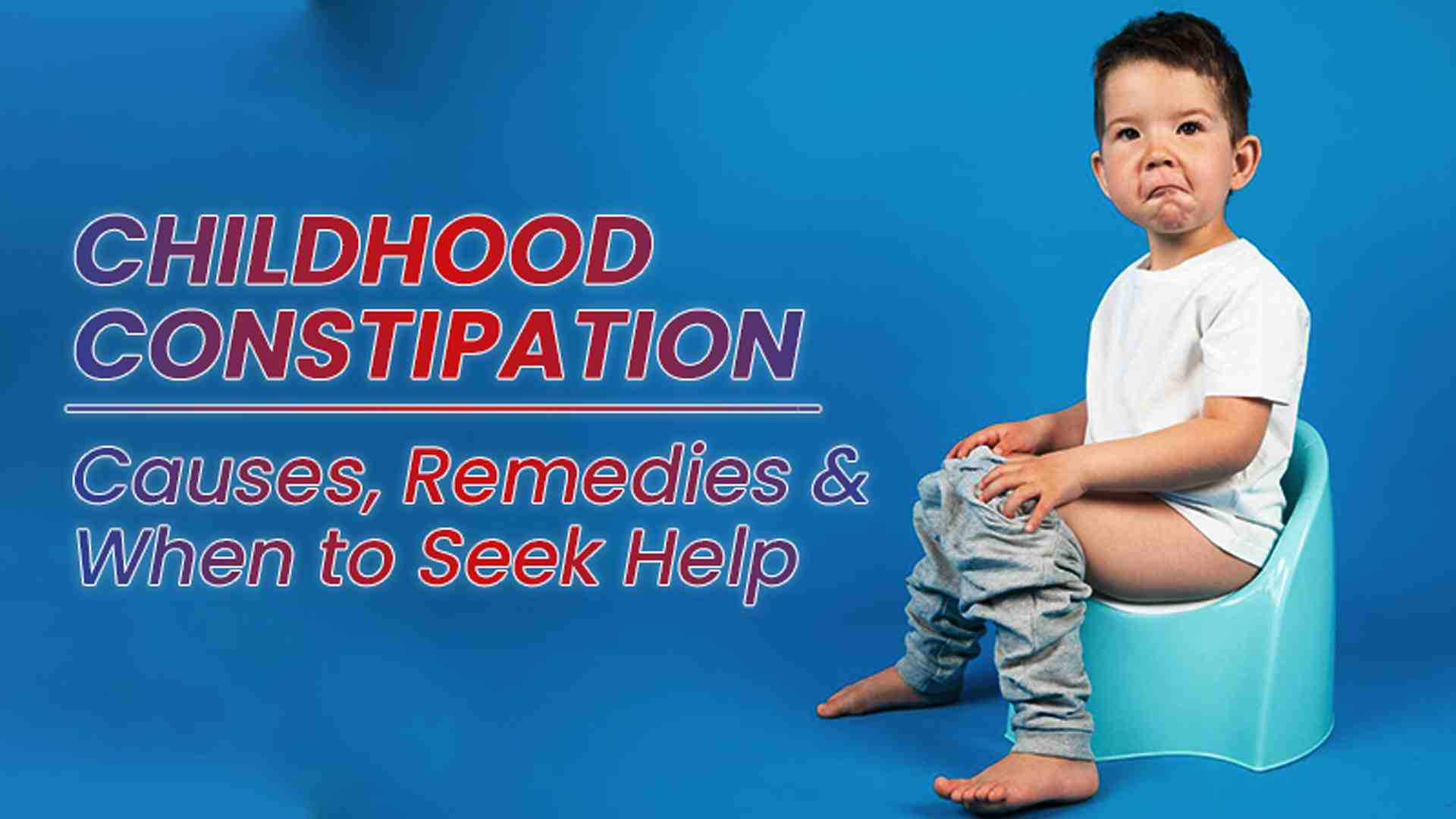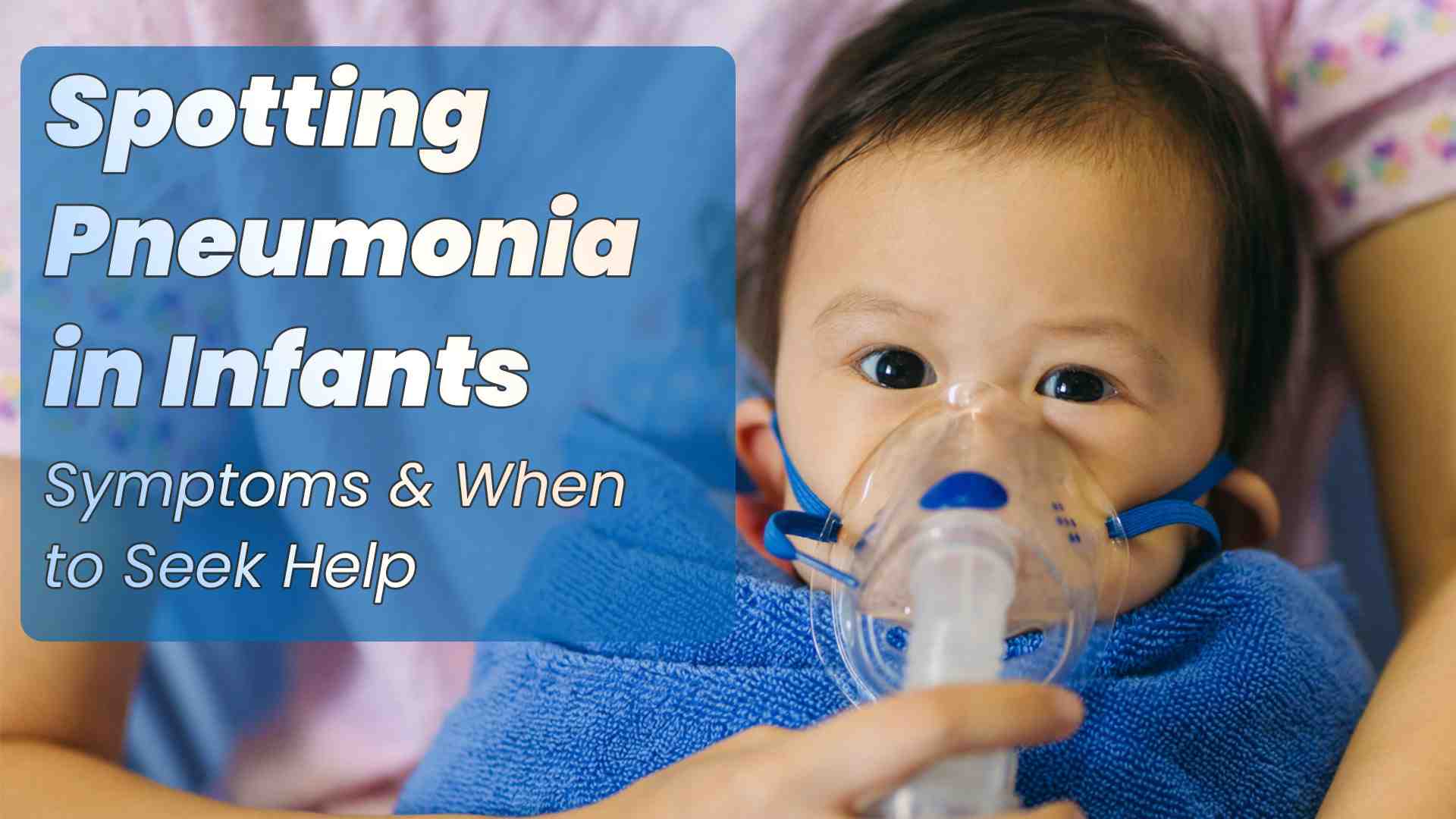Can Loud Noises or Pollution Affect Me or My Unborn Baby?
Verified By Dr. Megha Tiwari | 11-Oct-2024
Celebrations with fireworks often bring joy, festivity, and a sense of togetherness. For pregnant women, these factors raise concerns about potential risks to their health and the well-being of their unborn baby. In this article, Dr. Megha Tiwari, Consultant – Obstetrics & Gynaecology at Kailash Hospital, Noida explains the impact of loud noises and pollution from firecrackers during pregnancy and how to minimize these risks.
Table of Content
Loud noises can be disturbing for anyone, but for pregnant women, the concerns go beyond mere discomfort. The effects of excessive noise during pregnancy can include stress, anxiety, sleep disturbances, and even potential harm to the developing fetus. Dr. Megha Tiwari explains, "Loud noises, especially those above 85 decibels, can be harmful to both the mother and the unborn baby. Constant exposure to such noise levels can lead to increased stress and high blood pressure, which are not ideal conditions during pregnancy."
- Hearing Impairment: While the uterus provides some natural protection against loud noises, continuous exposure to very loud sounds, such as fireworks, can still affect the unborn baby's hearing. The amniotic fluid can transmit sound, and prolonged exposure to loud noises can pose a risk of hearing impairment.
- Stress Response in the Fetus: Studies suggest that loud noises can increase the baby’s heart rate and movements in the womb, indicating a stress response. While occasional exposure may not have a long-term impact, regular exposure to high noise levels may disrupt the baby’s development.
- Preterm Labor: Extreme noise levels can cause an increase in maternal stress and anxiety, which in rare cases can trigger preterm labor. "Pregnant women need to avoid environments with continuous loud noises, as the stress response can have repercussions on both maternal and fetal health," adds Dr. Tiwari.
Firecrackers release harmful substances like sulfur dioxide, nitrogen oxides, and particulate matter (PM2.5 and PM10). For pregnant women, exposure to these pollutants poses specific risks, not just to their own health but also to the fetus.
- Respiratory Issues: Pregnant women are more susceptible to respiratory problems due to physiological changes in lung function and increased oxygen demands during pregnancy. Exposure to air pollution can worsen conditions like asthma, bronchitis, and general breathing difficulties.
- Impact on Fetal Development: Pollutants such as fine particulate matter (PM2.5) can cross the placental barrier, potentially leading to complications such as low birth weight, impaired lung development, or even birth defects. Dr. Megha Tiwari points out, "Exposure to high levels of pollution during pregnancy has been linked to adverse outcomes such as preterm birth and low birth weight, both of which can affect a child’s long-term health."
- Increased Risk of Preeclampsia: Some studies indicate that exposure to air pollution may increase the risk of preeclampsia, a condition characterized by high blood pressure during pregnancy. Preeclampsia can pose significant health risks to both the mother and the baby if not managed properly.
While it’s not possible to avoid celebrations completely, there are several steps pregnant women can take to minimize their exposure to noise and pollution during these events.
- Stay Indoors During Peak Hours: Staying indoors during these peak hours can significantly reduce exposure to both noise and air pollution. "Using air purifiers at home can enhance indoor air quality and lower the risks linked to pollution," recommends Dr. Tiwari.
- Use Noise-Cancelling Headphones or Earplugs: Noise-cancelling headphones or earplugs can help dampen the loud sounds of crackers. This is especially helpful if you live in an area where firecracker use is widespread. "Protecting your ears from the noise can help you avoid stress and anxiety, which can negatively affect pregnancy," says Dr. Tiwari.
- Maintain a Healthy Diet Rich in Antioxidants: Antioxidants can help mitigate some harmful effects of pollution. Consuming a diet rich in fruits and vegetables, such as berries, spinach, and nuts, can help reduce oxidative stress in the body. "A balanced diet can support your body’s defense mechanisms against pollution-related harm," advises Dr. Tiwari.
- Limit Outdoor Activities: Avoid outdoor activities, especially in areas where firecracker use is frequent. If you must go outside, wear a mask, preferably an N95 or similar, which can filter out fine particulate matter from the air.
- Hydrate Well: Staying well-hydrated can help flush out toxins from the body. Drinking plenty of water can also help alleviate respiratory symptoms caused by poor air quality.
- Consult with a Doctor: If you experience any symptoms such as dizziness, headaches, breathing difficulties, or chest discomfort, seek medical advice promptly. "Pregnant women should not hesitate to seek medical care if they experience any signs of distress during celebrations," emphasizes Dr. Tiwari.
If you are unintentionally exposed to loud noises or high pollution levels, there are steps you can take to reduce the effects.
- Relax and Rest: If you feel anxious after exposure to loud noises, lie down in a quiet room and focus on deep breathing to calm your nerves. This can help reduce stress and stabilize blood pressure.
- Use Saline Nasal Spray: Polluted air can irritate the nasal passages and throat. Using a saline nasal spray can help clear your nasal passages and reduce discomfort.
- Monitor Your Baby’s Movements: After being exposed to loud noises or pollution, it is advisable to monitor your baby’s movements in the womb. If you notice a decrease in fetal movements, consult your obstetrician immediately.
- Seek Medical Advice If You Feel Unwell: If you experience any unusual symptoms, such as a persistent headache, difficulty breathing, or chest discomfort, contact your healthcare provider. Dr. Megha Tiwari advises, "It is better to err on the side of caution. Any unusual symptoms should be reported to a medical professional immediately."
Kailash Hospital, Noida, provides comprehensive healthcare for pregnant women, including consultations and guidance to ensure a safe and healthy pregnancy. Dr. Megha Tiwari, Consultant – Obstetrics & Gynaecology at Kailash Hospital, emphasizes the importance of taking proactive measures during festive seasons. "Pregnant women should exercise particular caution when noise and air pollution levels tend to be elevated. Taking basic precautions can help safeguard their health and that of their unborn child."
The hospital also provides check-ups for pregnant women who might have been impacted by exposure to pollutants or loud noises. With experienced specialists and state-of-the-art facilities, Kailash Hospital, Noida, is committed to ensuring the best possible care for expecting mothers.
By taking appropriate precautions such as staying indoors, using noise-canceling headphones, maintaining a healthy diet, and consulting a doctor if necessary, you can safeguard your health and that of your unborn baby. Dr. Megha Tiwari and the team at Kailash Hospital, Noida, are available to help you navigate these challenges and ensure a safe and healthy pregnancy. If you have any concerns about exposure to loud noises or pollution, do not hesitate to seek professional medical advice.



 +91-9711918451
+91-9711918451
 international.marketing@kailashhealthcare.com
international.marketing@kailashhealthcare.com







